Global automotive trade faces a dark moment as Trump announces a 25% tariff on imported cars.
Cailian Press, March 27 - (Editor: Shi Zhengcheng)On Thursday morning at around 5 AM Beijing time, President Trump announced in the Oval Office that...Impose a maximum tariff of 25% on all cars not manufactured in the United States, as well as on specific auto parts.。
He said in the live event, "We start with a base tax rate of 2.5%, which is our current rate, and then raise it to 25%."
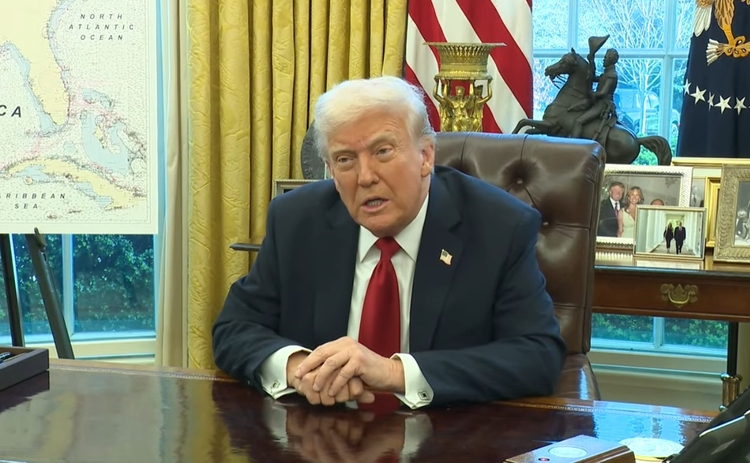
Documents released by the White House indicate that, in addition to the import of complete vehicles, key automotive components (engines, transmissions, powertrain parts, and electrical components) will also be subject to tariffs. Under the US-Mexico-Canada Agreement, importing automotive companies will have the opportunity to demonstrate their "U.S. content," and mechanisms will be implemented to ensure that the 25% tariff applies only to the value of non-U.S. origin parts.
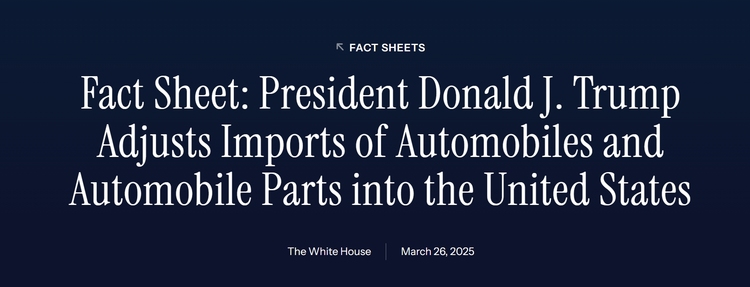
Trump emphasized that this policy aims to encourage (or force) more automakers to establish factories in the United States. He also stated that he is working to pass a bill in Congress to allow American consumers to receive a tax credit on interest for loans taken out to purchase domestically produced cars.
The U.S. president also referred to these tariffs as "permanent" measures and has no intention of negotiating any exemptions.He simultaneously mocked the automotive supply chain at the Mexico-U.S. border as "ridiculous and laughable," asserting that his policies would lead to the production of cars in a "single location."
White House Chief of Staff Will Scharf, who was standing to the side, added that.The tariff will take effect on April 2 and will be levied starting the next day.The new tariffs will be added on top of the existing levies, and the government expects these tariffs to generate an additional $100 billion in revenue for the United States each year.
The industries about to be impacted are not limited to automobiles. Trump also stated in his speech that...Tariffs will also be imposed on the import of wood and pharmaceuticals.However, the tariffs on these industries may not be implemented until the "reciprocal tariffs" are announced on April 2.
The new energy industry has also been singled out. Trump stated,The United States is reopening coal mines and will expand the production of traditional energy sources such as oil and natural gas.He particularly emphasized that he "dislikes wind energy," claiming that this method of power generation "ruins the landscape," is expensive, and looks "terrible out at sea."
What may bring a slight sense of relief to the market is that...Trump emphasized that the "reciprocal tariffs" implemented on April 2 will be surprisingly lenient.However, it will be implemented for "all countries," which is inconsistent with media reports earlier this week.
Significantly intensify global trade conflicts.
Affected by Trump's policy declaration, Ford Motor Company fell over 4% in after-hours trading, General Motors dropped over 5%, Tesla rose over 2%, Stellantis fell over 4%, and foreign manufacturers such as Toyota, Honda, and Ferrari also experienced after-hours declines.
Trump stated that he had communicated with the "Big Three" automakers in the U.S. before announcing the policy, emphasizing that these companies have already planned to relocate their parts manufacturing back to the U.S. Data shows that 37% of General Motors' production capacity comes from Mexico and Canada, while Stellantis faces even greater risks, with at least 45% of the cars sold in the U.S. being produced overseas.
Analysis points out that.Tesla will be less affected by tariffs than most of its competitors, as all the cars sold in the United States are assembled at its factories in California and Texas.However, Tesla will still be affected by the import tariffs on automotive components.
According to publicly available information, Mexico, as well as traditional American allies such as Canada, the European Union, and Japan, will be severely impacted by automobile tariffs.
Flavio Volpe, the president of the Canadian Automotive Parts Manufacturers' Association, told U.S. media.If Trump insists on pushing Canadian workers to the brink, it will drag millions of American auto workers down into the abyss as well.
After Trump issued his statement, the Canadian Chamber of Commerce quickly released a statement condemning Trump for being “counterproductive.” The statement pointed out that sacrificing tens of thousands of jobs on both sides of the (U.S.-Canada) border means giving up North America's dominance in the automotive industry. Trump’s policies will instead encourage companies to build factories elsewhere. This taxation will put factories and workers at “risks that may last for generations,” or even permanently.
Ontario Premier Doug Ford also stated that.He has informed Canadian Prime Minister Mark Carney that he supports the implementation of retaliatory tariffs that will ensure as much pain as possible is inflicted on the American people.
The United States is the largest market for Japanese automakers Toyota, Honda, Nissan, Mazda, and Subaru. Although these companies have production networks in the U.S., they still rely on international trade. Among the 2.3 million vehicles Toyota sold in the U.S. last year, about 1 million were manufactured abroad.
In addition to Japan, South Korea is also a major economy exporting automobiles to the United States. South Korean automakers exported 1.43 million vehicles to the U.S. in 2024, accounting for more than half of the country's total automobile export volume of 2.78 million vehicles.
Just before the release, European Commission President Ursula von der Leyen issued a statement expressing deep regret over Trump's decision.The EU will assess this decision.At the same time, the United States will also evaluate other measures it may consider taking in the coming days.
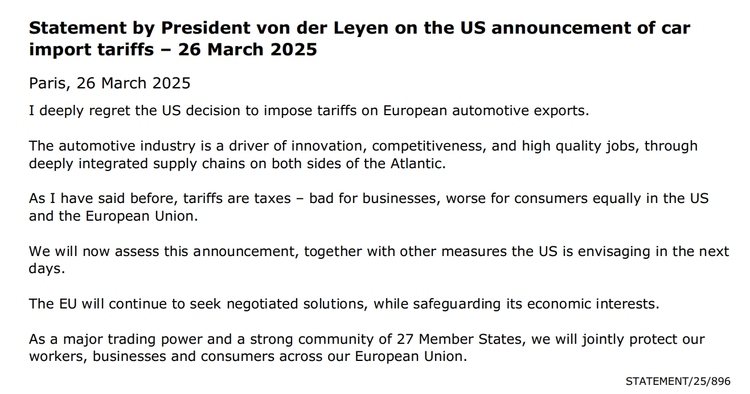
(Source: European Union)
European car manufacturers will export cars worth 38.4 billion euros to the United States in 2024, with German automakers accounting for a large share.
【Copyright and Disclaimer】The above information is collected and organized by PlastMatch. The copyright belongs to the original author. This article is reprinted for the purpose of providing more information, and it does not imply that PlastMatch endorses the views expressed in the article or guarantees its accuracy. If there are any errors in the source attribution or if your legitimate rights have been infringed, please contact us, and we will promptly correct or remove the content. If other media, websites, or individuals use the aforementioned content, they must clearly indicate the original source and origin of the work and assume legal responsibility on their own.
Most Popular
-
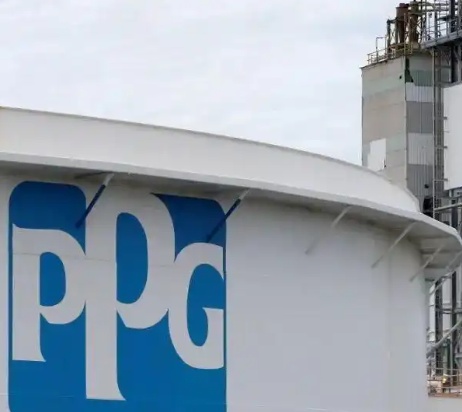
Overseas Highlights: PPG Establishes New Aerospace Coatings Plant in the US, Yizumi Turkey Company Officially Opens! Pepsi Adjusts Plastic Packaging Goals
-
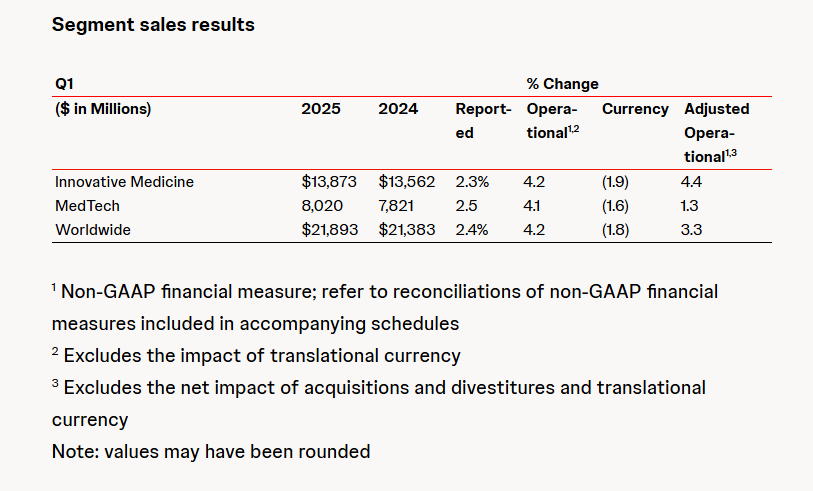
Abbott and Johnson & Johnson: Global Medical Device Giants' Robust Performance and Strategies Amid Tariff Pressures
-

BYD releases 2024 ESG report: Paid taxes of 51 billion yuan, higher than its net profit for the year.
-
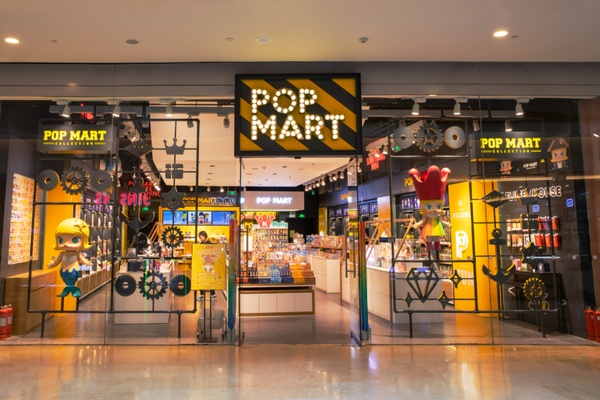
Behind pop mart's surging performance: The Plastics Industry Embraces a Revolution of High-End and Green Transformation
-
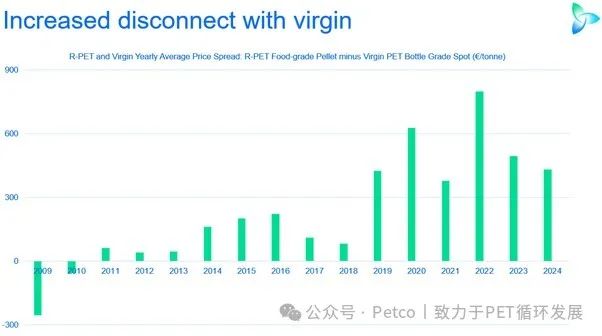
The price difference between recycled and virgin PET has led brands to be cautious in their procurement, even settling for the minimum requirements.



